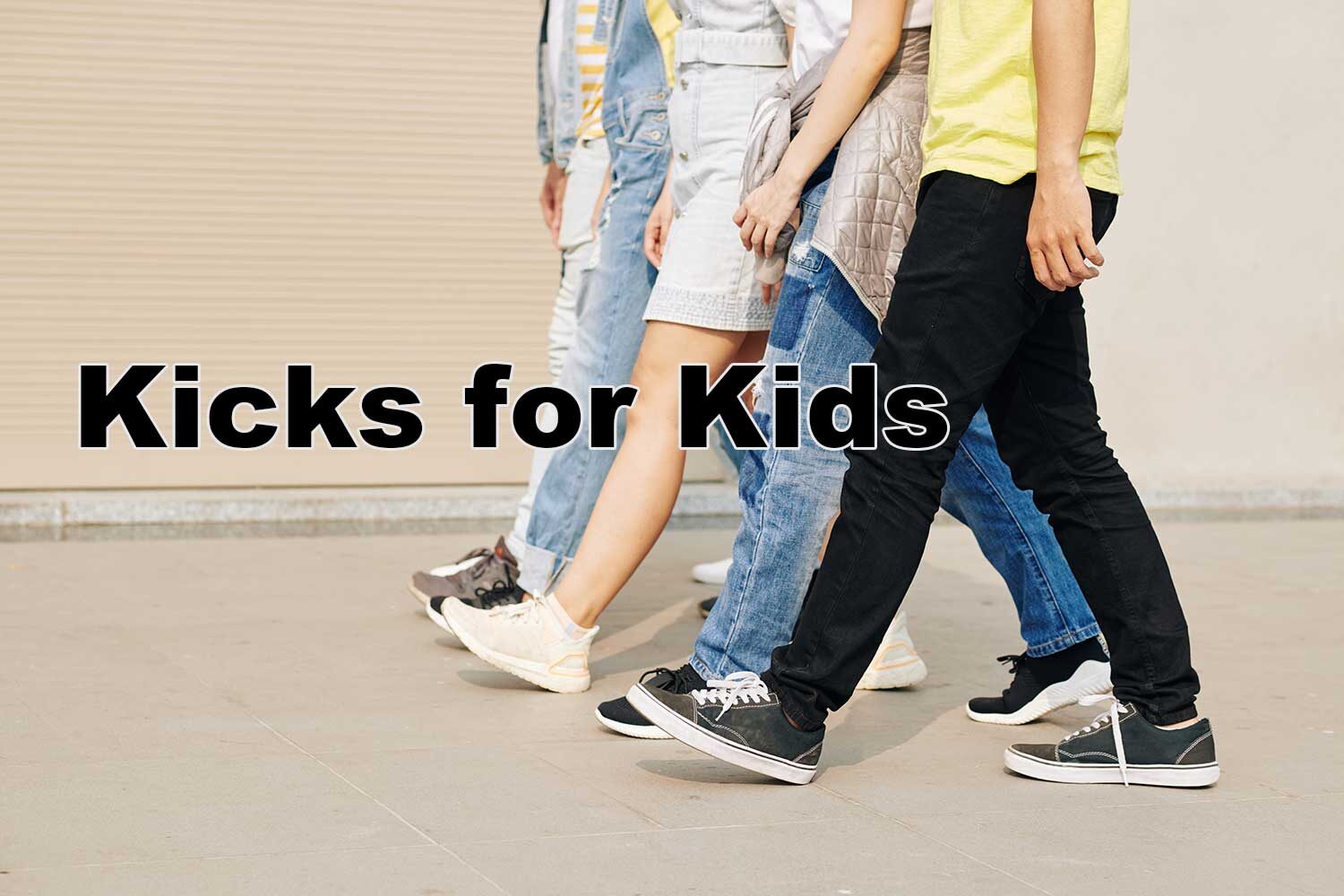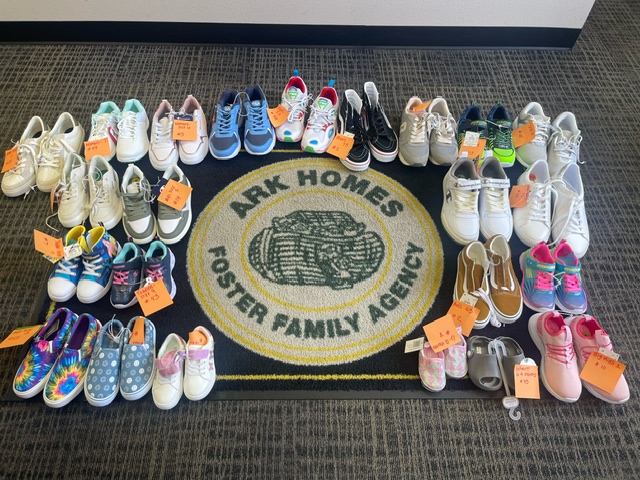The Impact of Parenting Styles on Teenagers
Parenting has a major impact on a child’s development, with consequences that extend to teenagers’ behavioral, emotional, and psychological well-being. The manner in which parents raise their children can provide the groundwork for their future interactions, coping methods, and overall attitude toward life. This blog explores the various parenting styles and their potential effects on teenage development.
The Four Main Parenting Styles
Diana Baumrind, a developmental psychologist, established three basic parenting styles in the 1960s; additional studies later enlarged this list to four. The styles are:
- Authoritarian: This style is distinguished by a balance of strictness and tenderness. Authoritarian parents establish clear standards and boundaries while also catering to their children’s emotional needs. They promote independence while also upholding the standards they establish.
- Authoritarian parenting is much stricter than authoritative parenting. Authoritarian parents set regulations and expect unquestioned obedience. Communication is primarily one-way: parent to child. There is little respect for the child’s thoughts or feelings.
- Permissive (or indulgent) Parents are lenient. They enable significant self-regulation and prevent confrontation. These parents are often loving and communicative, but they offer little in terms of boundaries or punishment.
- Neglectful (or Uninvolved) parenting is defined by a failure to respond to a child’s needs. These parents are disconnected from their child’s life and frequently fail to perform the basic tasks of caregiving.
Effects on Teenagers
Each parenting style has unique implications for teenage development:
- Teenagers reared by authoritative parents tend to have high levels of self-esteem and independence. They tend to excel intellectually and socially, with fewer behavioral issues and greater resilience in challenging situations.
- Teens with authoritarian parents may follow rules effectively, but they may also suffer from higher levels of melancholy and anxiety. They may also be more aggressive outside the house and have low self-esteem.
- Permissive Parenting: While these teenagers may excel in social situations because to their high levels of self-expression, they frequently struggle with self-control and authority. Academic performance and commitment to obligations may be poor.
- Neglectful parenting has the most negative consequences on teenagers. They may battle with attachment issues, low self-esteem, poor academic achievement, and frequent behavioural problems.
Navigating Parental Influence
Understanding the influence of various parenting styles might help parents make more educated decisions about how to raise their teenagers. It is critical for parents to strike a balance between encouraging independence and offering the guidance that adolescents require. Fostering open communication, setting realistic boundaries, and being sensitive to teens’ emotional and developmental needs are all essential components of successful parenting during these vital years.
Parenting practices have a significant impact on teenagers’ growth and eventual social standing. Parents may help their teenagers grow into well-rounded and effective adults by taking a balanced and responsive attitude throughout difficult times. Awareness and adaption to parenting styles can result in better, more successful consequences in a teen’s life.














